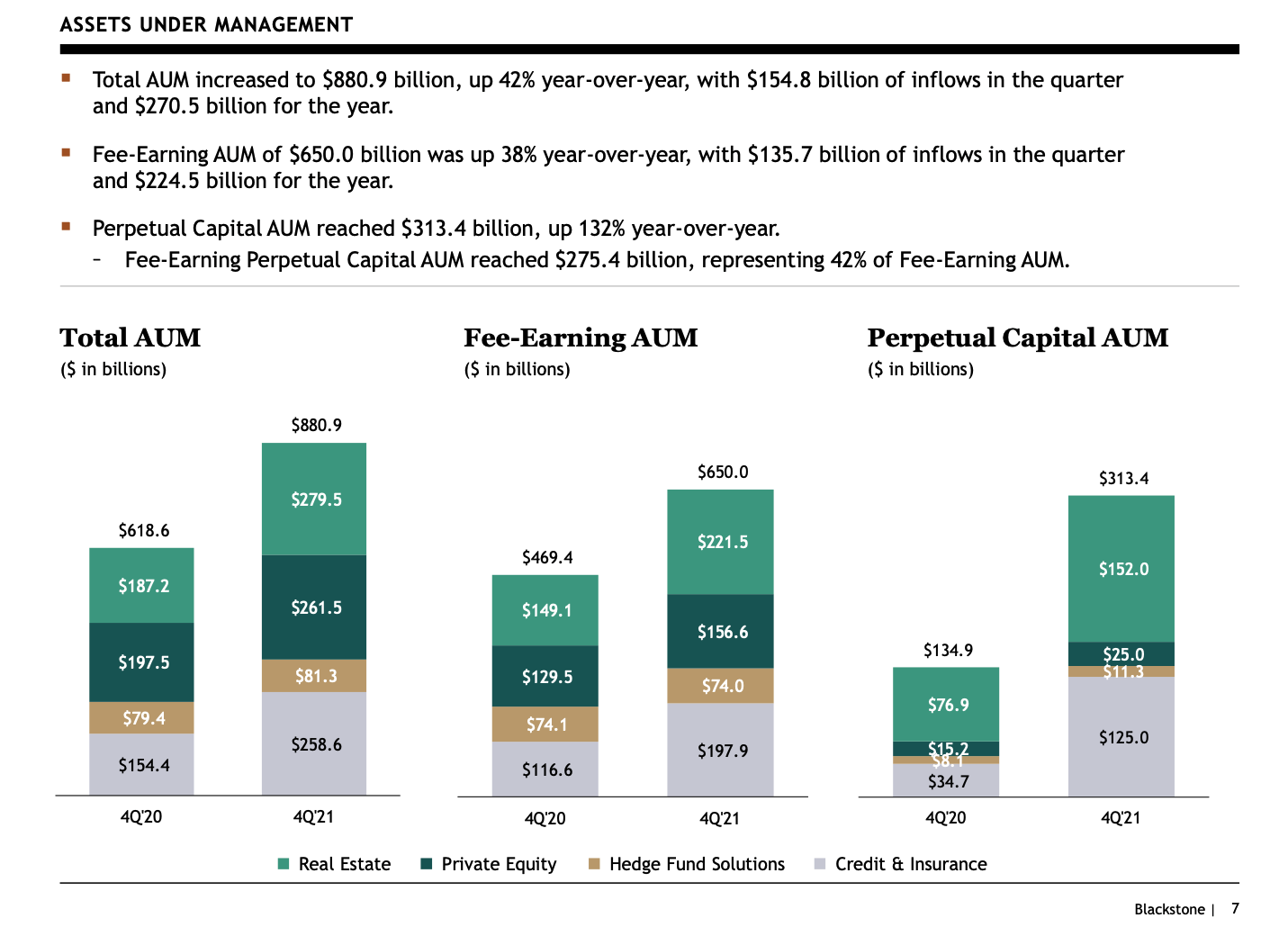The problem of collective liberty as opposed to individual liberty can be illustrated with a parable from Robert Nozick, a Harvard philosopher whose 1974 book Anarchy, State and Utopia has had much influence on libertarian thought.
You are a slave at the mercy of a brutal master. At some point, the master becomes nicer toward you, stops beating you for no reason, and even give you some free time. He also has 10,000 other slaves and nicely takes their needs, merit, and other such factors into account when assigning their tasks. He reduces their workweek to three days. He later allows them to go and work on the open market provided they give him three-sevenths of their wages. However, he keeps the power to call them back to the plantation in case of emergency and to restrict their rights to engage in certain personal activities (mountain climbing or cigarette smoking, for example) that could reduce their productive capacities. The next step is that he allows his 10,000 other slaves to discuss among themselves and vote on all the decisions he previously made, including what proportion of all slaves’ earnings, including yours, will go in the common and how the money will be used. The 10,000 then benevolently decide that you can vote, but only in case their votes are tied 5,000 to 5,000 (which never happens). Finally, the 10,000 decide to let you throw your ballot with theirs before they count them (which will of course produces the same outcome as the previous procedure). Thus, all the 10,001 democratically make all the decisions they want regarding the lives of everybody including you. Nozick’s question: Where in that sequence did you stop being a slave? (See pp. 290-292 of Anarchy, State and Utopia for the more detailed story.)
For a libertarian or a classical liberal, the answer is “nowhere.” Your master has become kinder and more understanding; and, from being one person, became a group of 10,000 persons. You and your 10,000 colleagues have collective liberty, compared to when you all had one individual master, but none of you has individual liberty. If your collective master becomes nasty toward you, you may try to persuade him to be nicer just like you could do with your individual master before, but you have no more control on your life.
There are a few objections to this conclusion, but none is valid if the majority is omnipotent (“sovereign”). As long as that is the case, you are still a slave, albeit an equal slave. Numerical democracy is incompatible with the idea of individual liberty. (Some months ago, I had a “conversation” with ChatGPT, in which the poor thing tried to “argue” both for individual rights and for the obligation to submit to the majority!)
















